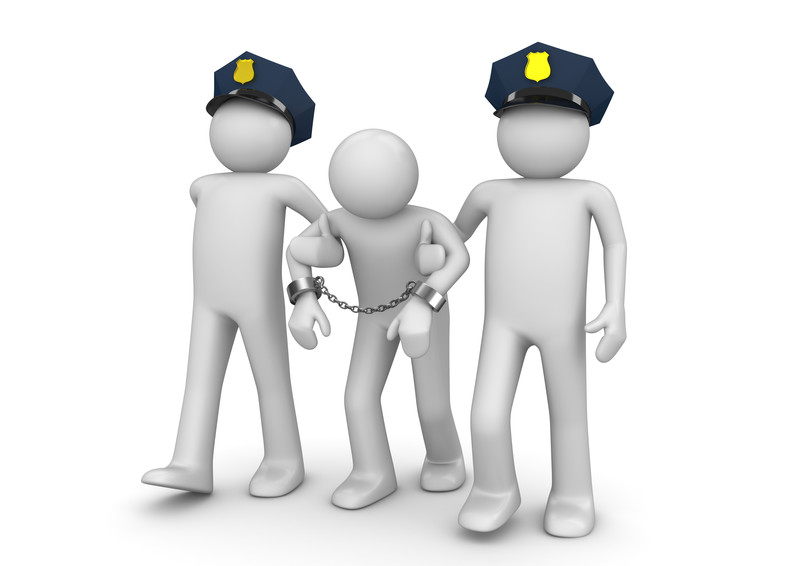Many times we could find our friends and family members after being charged in court and been released on court bail or been released unconditionally being re-arrested by the police or by law enforcement officers outside court for the same offence based on the same facts.
This happened to Jones.
Some weeks ago, Jones was arrested by the police, produced in court and was charged for wrongfully confining James with intent to extort some property from James before a magistrates’ court. Jones was released on court bail after a date for trial was fixed, but, instead of being allowed to go home, Jones was re-arrested without a warrant of arrest by the police for the same offence of which Jones was charged and was taken to the Criminal Investigation Department for photographing and fingerprinting. Jones spent a few hours in the police station before being allowed to go home.
On the day the case was fixed for trial, Jones came before the Magistrate court again and was discharged by the court unconditionally after the prosecution offered no evidence against him on the ground that Jones never committed the offence alleged.
Jones’ reputation was tarnished and after consulting his lawyers, Jones sought damages for wrongful arrest and detention from the police. The Attorney-General representing the police denied liability. The issue is whether under the said circumstances the arrest and detention without warrant by the police and to have Jones taken to the Criminal Investigation Department for photographing and fingerprinting before being allowed to go home, legal?
Under our Criminal Procedure Code, a police officer can arrest a person without a warrant against whom a reasonable complaint has been made for a seizeable offence and what is a seizeable offence is defined in our Criminal Procedure Code.
There are also two subsidiary matters here. If Jones had not been informed the reasons of his arrest, based on the authority of Christie v Leachinsky [1947] AC 573, the arrests cannot, then, be justified. It is for the prosecution or the police officers who re-arrested Jones to prove that reasons for the arrest been conveyed to Jones or at least that all reasonable steps were taken to convey the reason to Jones at the time of the arrest, before this burden is discharged.
The second subsidiary matter relates to the photographing and fingerprinting of Jones at the Criminal Investigation Department soon after Jones was re-arrested outside the court after being released on court bail. It can be argued that Jones who had been released on court bail earlier could not be re-arrested by the police based on the same offence and on the same facts without a warrant of arrest and be taken into custody again in order to convey Jones to the Criminal Investigation Department for fingerprinting. Such an action can amount to a second false imprisonment.
If wrongful arrest and detention is proved, it remains to be considered the question of damages. It was pointed out by Scott LJ in Dumbell v Roberts [1944] 1 All ER 320 that where a person has been wrongfully arrested and detained, it is in the public interest that sufficient damages should be awarded in order to give reality to the protection afforded by the law to personal freedom. Furthermore as Lawrence LJ observed in Walter v Alltools Ltd 61 TLR 39, a false imprisonment does not merely affect a man’s liberty; it also affects his reputation. Jones could also seek aggravating damages, for example, if the arrest was made in the full view of his lawyers and friends present with a view to embarrass him and if more force than necessary been used to re-arrest him.
So far, unlike in western countries, there are very few cases in this country where members of public are willing to sue the police or law enforcement officers for reasons known to themselves. Citizens should protect their right and liberty from being abused by the authorities and should have no fear to take cases against the authorities for wrongful arrest and detention that transgressed into their liberty and freedom. The authorities are not above the law and every citizen is accorded the same protection under the law.
It is a sad thing when we find citizens dead or injured while under custody of law enforcement officers with many only sought civil or political interventions without pursing the matter further in court.
The law on this area is quite technical, but, an experienced and skilful lawyer can assist you win the case and once proved, damages can always be very hefty against the authorities.
Note: This article is written to educate the readers of their rights and is not a true scenario of what actually happened. The characters are also fictitious.

